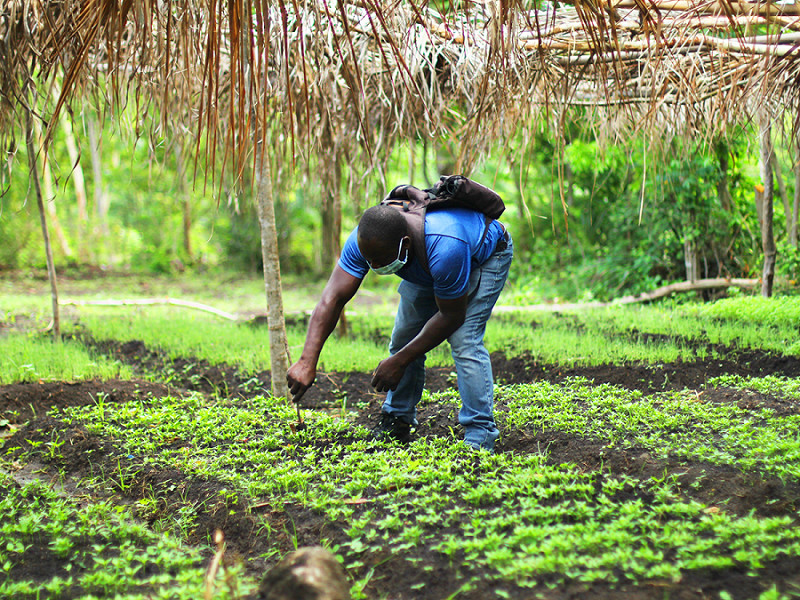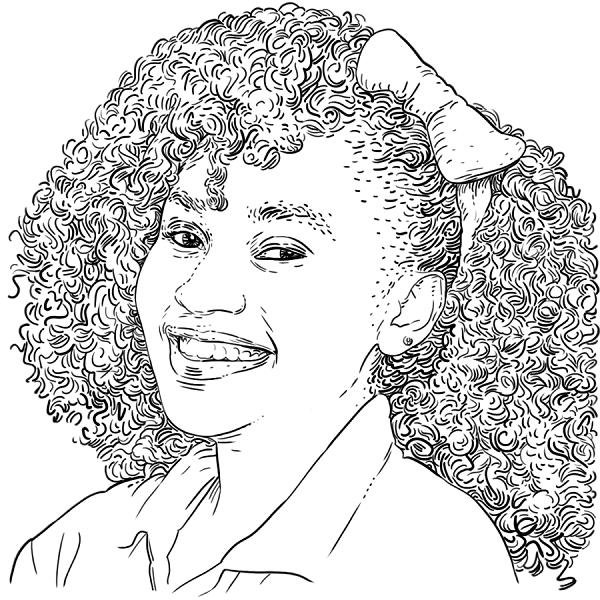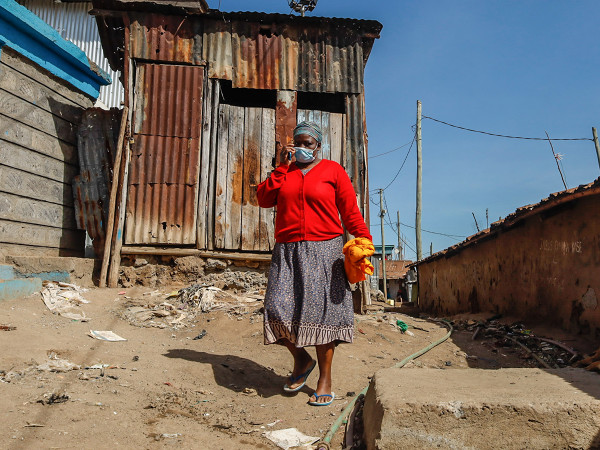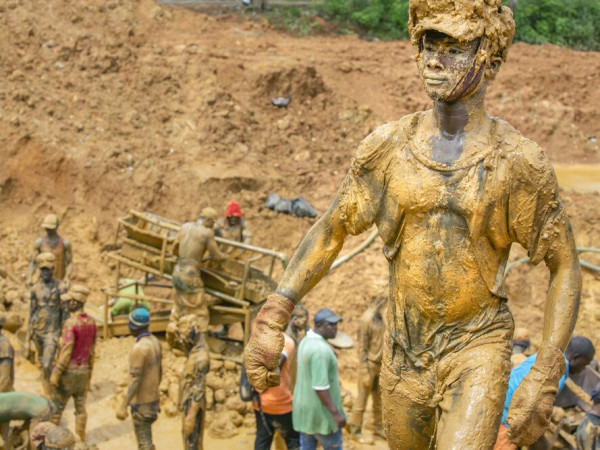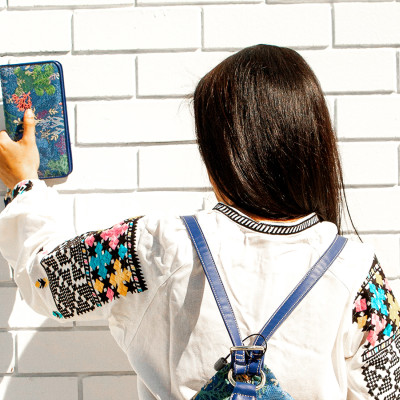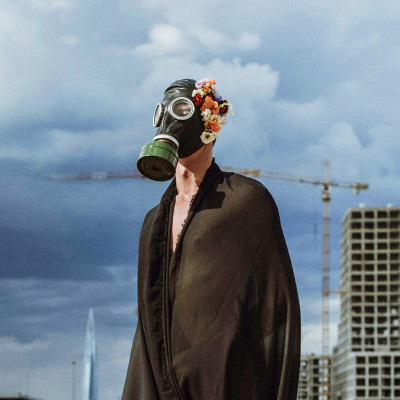The Russia-Ukrainian war: the case of african sustainability
If you have happened to watch live coverage of the Russia-Ukrainian war, you probably know of two things. First, that Ukrainian men, women and children are dying every day and second, that Russia is a war mongering Country that has no respect for territorial integrity. Whereas these are significant parts of the story of the war, the effects of the Ukrainian war have outgrown death tolls and property loss.
Europe is grappling with high gas prices due to the sanctions on Russia, Britain is undergoing tough economic times which probably explains the frequent change of heads of government. And African republics have once again come face to face with the ramifications of their giddy reliance on imported commodities. Items as basic as energy products like oil and gas, grain, wheat, sunflower, medicine and fertiliser imports have become scarce on the market. The most pressing concern, however, is what these changes mean for Africa’s sustainability plan.
According to a report by the AfricaFertilizer.org (Afo), fertiliser prices rose by almost 30% at the start of 2022 due to Russia’s invasion of Ukraine. Various data sets collected across 20 countries in Africa reveal that the stock of fertiliser has dropped dramatically to an all-time low. The problem here is not necessarily the resultant increase in fertiliser prices on the market due to the scarcity created by the war. The concern is that fertiliser consumption has direct linkages to food security in Africa. And for a world that is still nursing the social and economic scourge inflicted by the pandemic, this does not mean any good.
However, for some individuals and organisations in Africa, this deadlock was an opportunity for innovation. An article published by the Daily Monitor told the story of Wakisi, a farmer and father of four in Kayunga district (Central Uganda) as one of the 1,200 farmers who were doing ground-breaking initiatives in the event of the fertiliser crisis. Wakisi enrolled in a program to grow and sell the larvae of the Black Soldier Fly (Bsf). The Bsf is a tiny insect whose powerful stomach enzymes can turn food waste into fertiliser.
Wakisi, like many other farmers in Sub Saharan Africa, was weary of the price increases after the Russian invasion. However, with the fertiliser made out of Bsf, his expenses on chemical fertilisers were cut by almost 60%. In addition, he explains that the fertiliser made out of mixtures of manure from Black Soldier Fly, animal droppings and food waste is safer to the soil compared to the chemical processed imports from Russia.
The story of Wakisi is not merely an isolated breakthrough in times of unforetold and uncertain times. It is part of a series of ingenious responses from individuals and entities in Africa when confronted with such calamity. Many authorities could argue that these innovations are a continuous thread from the “new normal” created by the pandemic. Which is partly true, as it is visible in the increased preference towards online virtual engagements compared to the traditional physical meetings before Covid. The Tondeka buses (loosely translated as don’t leave me a noun majorly accruing to their cheap and affordable fares) also became popular in the recent fuel crisis because taking the bus has become a more viable financial option to driving one’s car.
This ability was further manifested in our efforts to make the Covid industry a reality. The emergence of local sanitiser and mask manufacturers in the face of limited inflow of medical supplies also attests to our attempts towards sustainability. All these instances form small parts of the bigger picture of resilience, learned self-reliance and adaptation in the urgent need of sustainability.
Despite the fact that agriculture is the major foreign exchange earner for most of the sub-saharan african Countries, the agricultural sector is not self-reliant. The fact that we still import 80% of all the fertiliser we use to produce agricultural exports is in and of itself, worrying. The pandemic was one lesson, the Russia-Ukrainian war, another. If these two lessons are not enough for us to generate sustainable and wide coverage strategies for sustainability, we might be heading for disaster.

